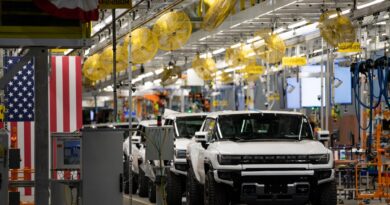A tale of two climate tech SPACs
It was the best of times, it was the worst of times, it was the age of wisdom, it was the age of foolishness. We could go on, but you get the picture. It might be boom times for climate tech, but climate tech SPACs? Not so much. With few exceptions, they’re trading well below their initial price.
Yet there might be reason to think that not all climate-focused SPACs will tank.
SPACs as a whole haven’t had the best track record. The vast majority of companies that have gone public via SPAC since 2021 now trade well below their merger prices, according to SPAC Track. It doesn’t matter the sector — SPACs as a whole haven’t held up.
It’s hard to see how that would go any differently for a recently announced transaction involving Sam Altman’s AltC Acquisition Corp. and Oklo, a nuclear fission company where Altman is both investor and board chair.
AltC has been searching for an acquisition for more than two years. The shell company gave itself until July 12 to find a target and sign a letter of intent. Since the launch of OpenAI’s ChatGPT, where Altman is CEO, observers speculated that AltC might merge with an AI company of some sort. Following the launch of ChatGPT, AltC’s share price rose from $9.86 to a peak of $10.70 on May 30. It was down as much as 2% the day the merger with Oklo was announced.
Clearly, Oklo was not what some investors had in mind. Its price has held up reasonably well since the announcement, though. Still, there’s reason to doubt that will last.
Hardware companies seem like a particularly poor fit for the SPAC process, especially if they’re a ways out from significant revenue. Hardware is, well, hard. It takes time to design, refine, manufacture, scale up and sell. Those last three are especially capital intensive. There’s a risk that a company may raise capital via a SPAC combination, but not enough to make it to commercial viability and thus could run out of cash without another fundraising mechanism within reach. (Something that we’ve seen in the EV space.)
In nuclear, those problems are magnified. In the U.S. especially, new fission power plants take decades to design, permit and build, and they often come in way over budget. Though fission produces about 18% of the country’s electricity, according to the Energy Information Administration, only two new reactors have been turned on in the last decade.
A tale of two climate tech SPACs by Tim De Chant originally published on TechCrunch





